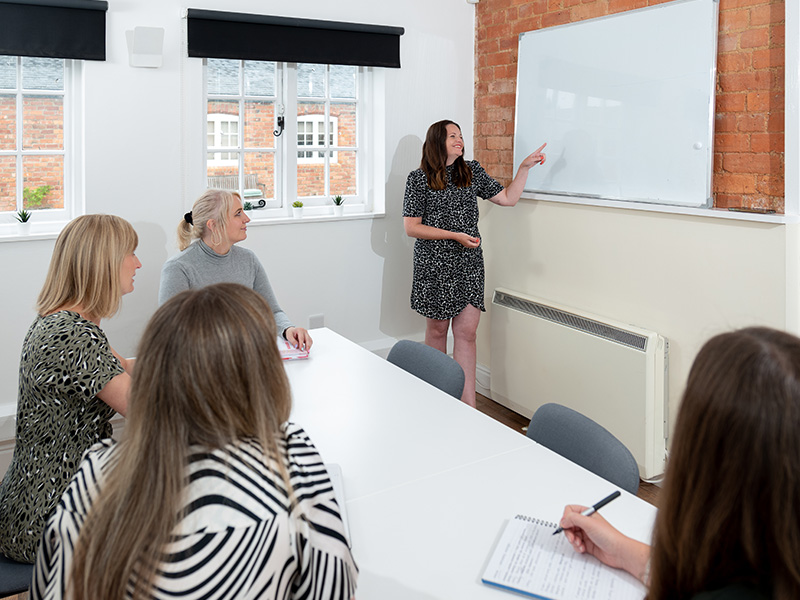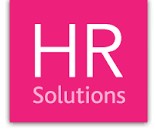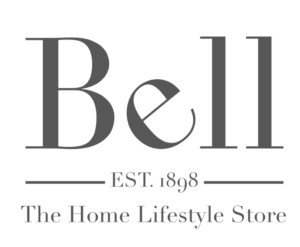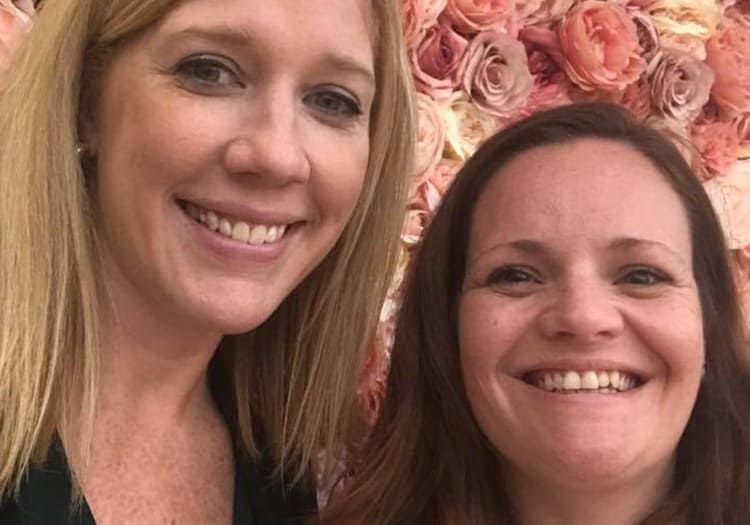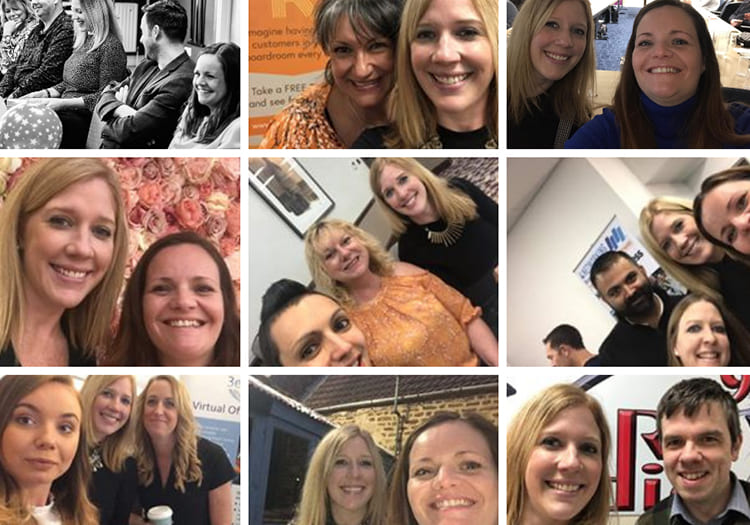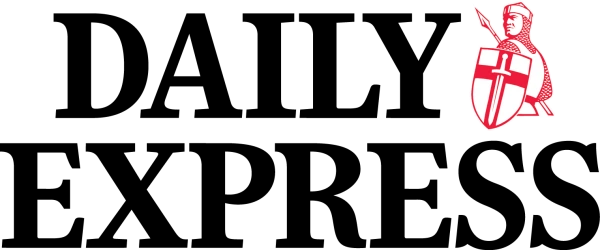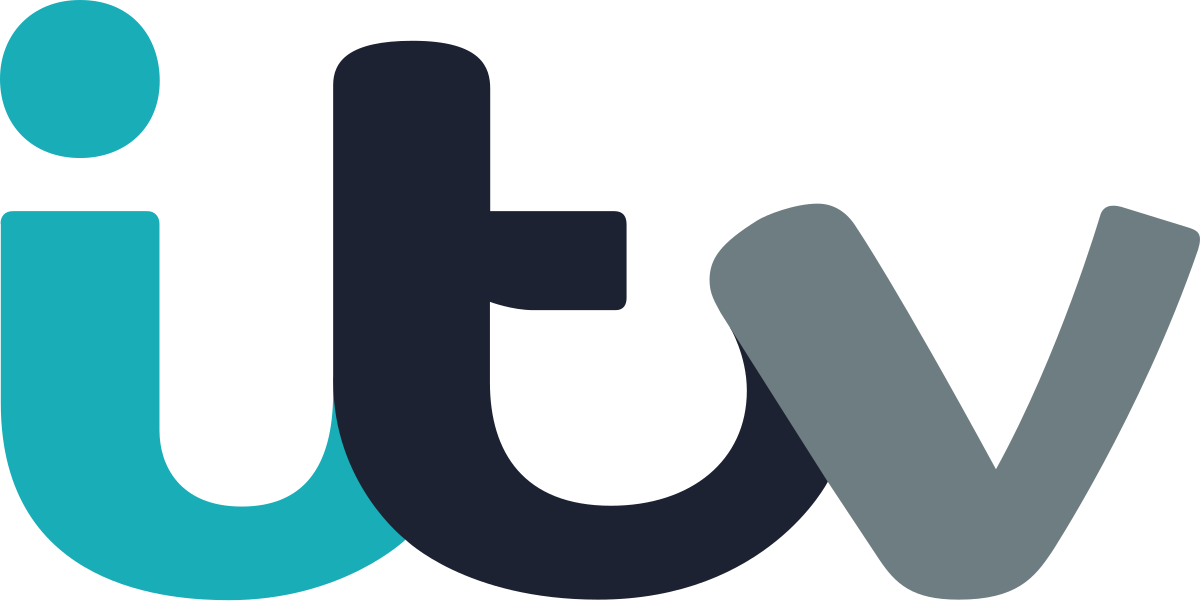5 things for a small business to consider before hiring a pr agency or consultant
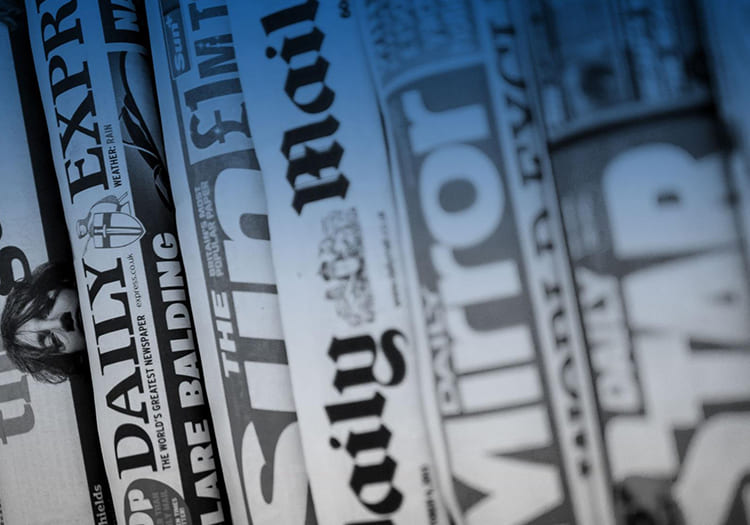
You are a small business and you have heard great things about PR and how it can raise awareness of a company’s products and services. Your peers tell you that it has more credibility than straight forward advertising. You want to give it a try but, if you are honest, you don’t really ‘get it’.
You have a brainwave and decide to get a professional in. Surely hiring a freelance PR expert or PR agency who already has the contacts in the press, understands how PR works, knows how to get coverage and can write a decent article, is better than educating yourself in all things PR and finding the time to practice it or investing in an in-house PR and Comms officer?
You do your research and listen to recommendations and decide upon your PR consultant or agency. Then what? Chances are they will ask for a meeting to sit down and find out more about your business – what it does, what it sells, what could make a good news story, opinion piece or feature. So far so good. Then, they want to know what publications or websites you want to be featured in and you have no idea! Surely this is their job?! Well, not entirely…
To get the best out of your PR activity, it is always worth thinking about your objectives before you get to the point of a first meeting with your PR person or team. This will help them to hit the ground running and create a PR plan that delivers everything you are looking for straight away. If you are vague about what you want to achieve, they can create a plan based on what they think your needs and goals are based on the information you have provided and their past experience and it could need revising as you go along which will cost them more time and you more money.
So, what things should you consider to fully prepare for this first meeting (without obviously doing all of the work yourself, which defeats the point!).
- Where do I want my company to be seen?
Think carefully about where you would like articles about your company to be seen. You don’t have to come up with a media list yourself – unless you want to that is! Just knowing whether you want to be in the local press, particular trade journals that are popular in your industry, or websites or blog sites with large followings is a good place to start. Is there a magazine or newspaper you subscribe to that you would love to be featured in? Come up with a list of your top five publications/websites and use these as examples to give your PR agency. They can do the rest. - Do you have any professional photos to hand?
Time and time again we create great content for our clients (OK, we may be biased on this!) and when it comes to submitting it to an Editor we have no photo to send out with it. This drastically reduces the chances of an article being included anywhere, especially online. Whilst a PR agency will not expect you to have a photo in anticipation of every story, having a batch of generic images such as a professional head shot of your main spokesperson and product photos is a good start. If you can, get these taken ahead of appointing a PR agency. As you go along with your monthly activity after this point, the agency or consultant can build up a bank of press ready images that they can use. Also, when you think of a story idea get in the practice of thinking of the photo that best illustrates that story and have some availability in your diary to get it taken. Your PR person will no doubt have ideas too and be able to arrange the shoot but they need you to be free within a short time frame if the story is to remain newsworthy. Having a draft press release ready to go and waiting a month or two to get a photo taken to go with it is not ideal. - Do you have any additional budget?
Some publications, particularly trade journals, ask for a ‘colour separation charge’ or a supporting advert before they publish any editorial. This does not happen with every article and your PR person will advise you on whether this is necessary or not. Having said that, if you are desperate to appear in one of these publications (look at your top five list again) and this is the only way it will happen, it is worth planning for an additional spend. Look at their Forward Features list if they have one with your PR person and perhaps decide on one or two issues a year that you would like to be seen in and budget for it as part of your PR and marketing plan. - Are you a member of any professional bodies or organisations?
This is a question I always ask at an initial meeting so it is good if a new client has this information to hand. Quite often these bodies have membership magazines and are always on the hunt for news stories from or interviews with their members. Some allow members to upload news stories to their website. If you tell your PR person which organisations you are a member of they can liaise with them and see if there are any potential media opportunities you can take advantage of as part of your membership fee. - How will you measure if your PR activity has been successful?
As with any investment, you want to see a return. PR is known for being notoriously hard to measure, particularly if you are working a multimedia campaign. Nowadays most people consume news via social media but these still link to news websites or digital magazines. So, you could be featured in the newspaper and they also upload the story to their website. The link to this goes out on social media and you start to get enquiries. If you ask them where they heard about you, they will say social media, even though the article wouldn’t exist if it wasn’t for your PR activity. Most PR agencies still use the tried and tested method of AVE rates (Advertising Value Equivalent), which show you the monetary value of any space secured. Whilst this information is good to have and may please your accountant or finance department, other businesses see a rise in enquiries or increase in web traffic as their gauge of measuring success. Others are just happy to have an increased profile and know PR is working if they get people saying to them ‘we have been seeing you everywhere lately’. Think about what you want to see come out of your PR activity and let your agency know. This will help them in helping you reach that goal.
If you are a small business considering PR and are not quite sure if it will work for you, contact us on info@ballyhoo-pr.co.uk to set up an informal chat – we’ll even buy the coffee (which will also please your accountant!).
Latest Articles
A picture paints a thousand words
The saying goes that ‘a picture paints a thousand words’. That being said, a good photo can also bring ...
Is pr part of your growth strategy?
Public relations (PR) is one of the most cost-effective ways that businesses can raise awareness yet many do not include ...
Ballyhoo PR launches in Corby
Ballyhoo PR, a brand new company offering PR and copywriting services to businesses, has launched in Corby. Based at ...
To new adventures and following your dreams
Walt Disney once said: “All our dreams can come true if we have the courage to pursue them.” That ...
